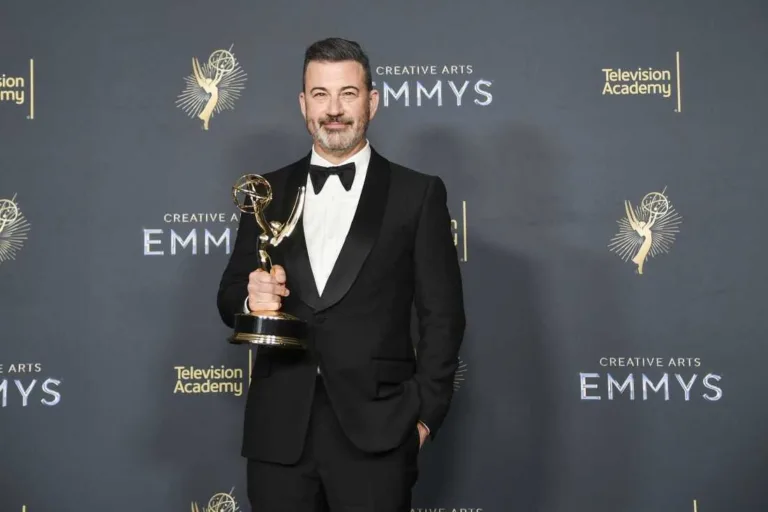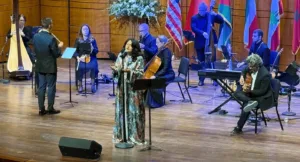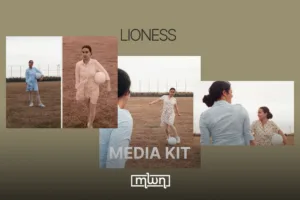Rabat – After days of scandal, rumors swirled online, with viral posts alleging that Byron is preparing to sue Coldplay for broadcasting the moment, though no official report or legal filing has been confirmed.
A recent Facebook post claimed “Astronomer CEO Andy Byron is preparing documents to sue Coldplay according to Yahoo news,” following the highly publicized incident on the concert’s main screen.
However, experts have cast doubts on the likelihood of such a lawsuit succeeding.
MSD Lawyers’ attorney Camron Dowlatshahi told Page Six that a potential legal route could involve a defamation claim, specifically regarding Chris Martin’s characterization of Byron and Cabot as having an affair.
However, he explained that Byron would need to prove “that there wasn’t an affair,” which doesn’t appear to be true since it has been revealed that both he and Cabot have spouses.
Dowlatshahi added that Byron would also have to show that Martin either knew or should have known there was no affair, but “made the statement anyway with malice.”
He concluded that none of these legal elements are met, making any claim against Coldplay “frivolous.”
He also pointed out that Byron probably wouldn’t want to invite more public attention by filing what he called a “borderline frivolous suit” against the band or event organizers.
Ray Seilie, an attorney at Kinsella Holley Iser Kump Steinsapir LLP, agrees, “The only thing a lawsuit by Byron would accomplish is that it would keep his indiscretion in the news for much longer.”
Seilie also added that Massachusetts’ two-party consent law wouldn’t provide grounds for a lawsuit because Andy Byron had no expectation of privacy in a public arena and likely accepted a broader release of privacy claims when buying his ticket.
Dowlatshahi reaffirmed, “Typically, the terms and conditions of purchasing a ticket will include a provision granting the event organizers a license to use photos and videos of people in the audience, so the two-party consent state law doesn’t apply.
Craig Weiner, a partner and litigator at Blank Rome, believes that Cabot potentially has a claim against her employer for sexual harassment given that Byron was superior to her in the company’s hierarchy.
He explained, however, that for Cabot to win her case against Byron, she would have to prove his conduct “was subjectively and objectively offensive, and that the conduct was sufficiently pervasive and severe to interfere with her work performance.”
As for the owner of the TikTok account that posted the video, Dowlatshahi said that neither Cabot nor Byron can successfully sue her, “The woman is not commercializing any aspect of their specific name, image, or likenesses for now — she just simply posted her point of view of the event.”
He added a caveat, though, explaining that if this social commentary bled into the production of merchandise, for example, depicting the couple, then “that would be grounds for a lawsuit.”
In a world where one embrace on the jumbotron can cost you your career, maybe the real lesson is: never underestimate the reach of a TikTok user with a good angle.
















